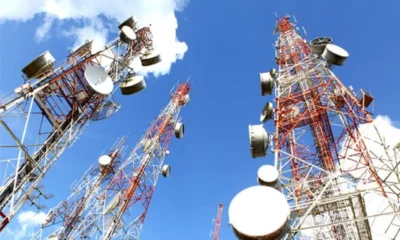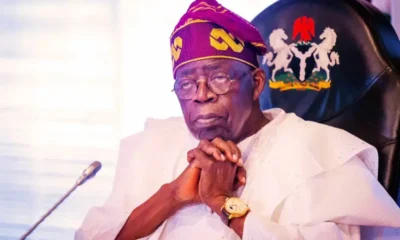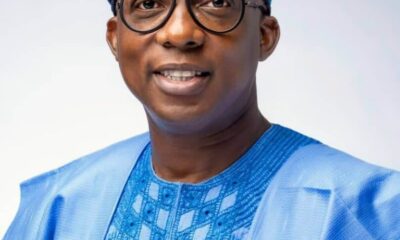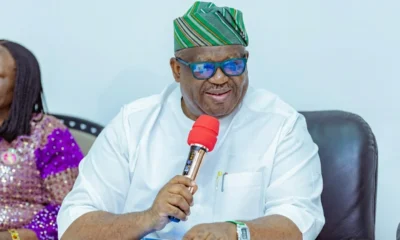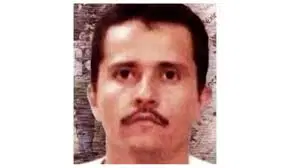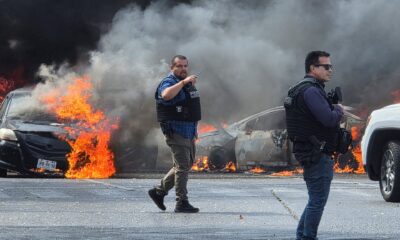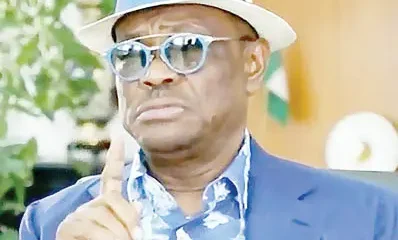Opinion
Nigeria’s Diplomatic Silence Is Fueling Dangerous Narratives. It is Time to Appoint Ambassadors
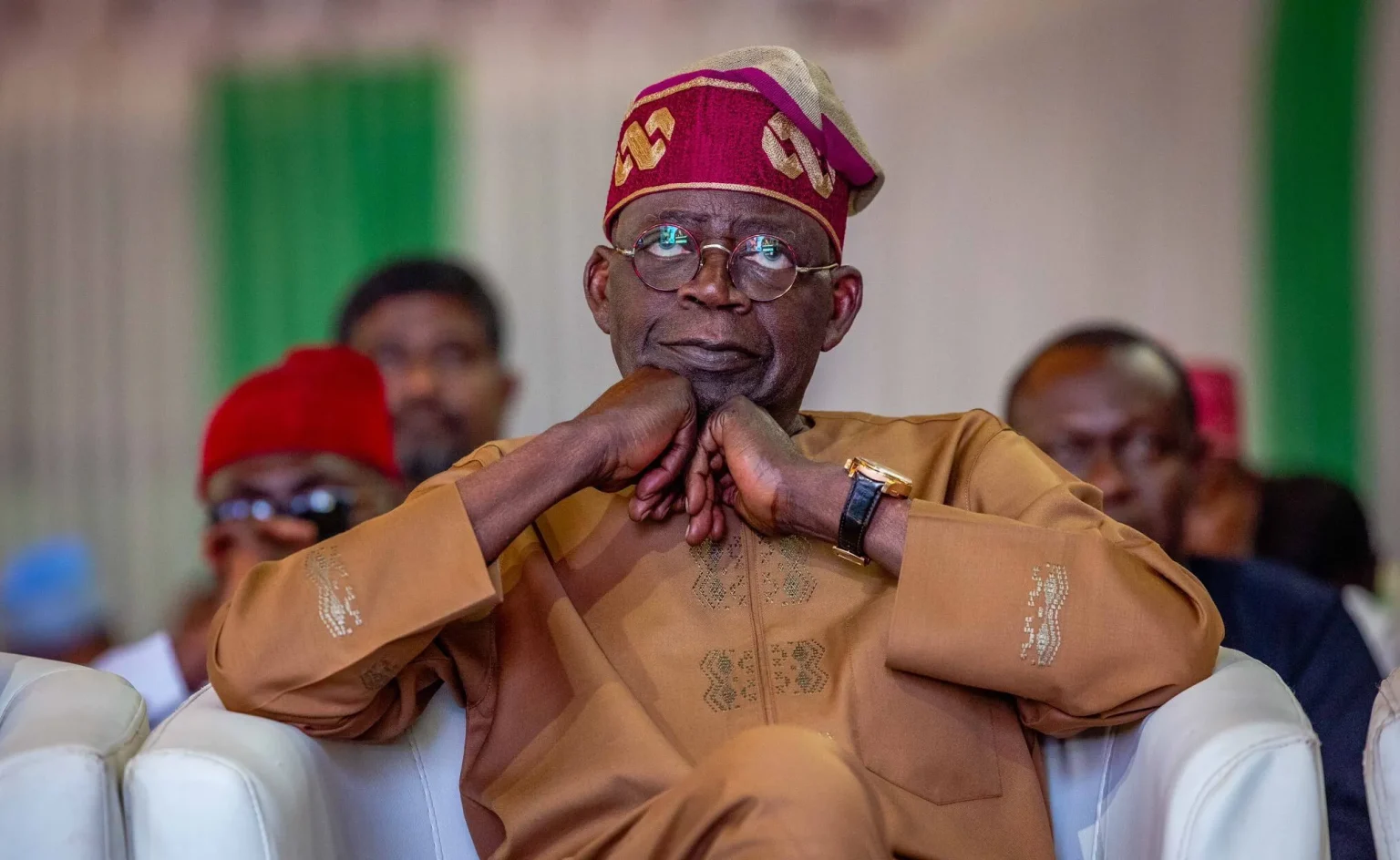
When the United States, under President Donald Trump, re-designated Nigeria as a Country of Particular Concern (CPC) in this month of November 2025, citing “mass-scale persecution of Christians,” it wasn’t just a foreign policy rebuke. It was a reputational crisis. The CPC label, reserved for nations accused of severe violations of religious freedom, carries weight. It influences donor behavior, investor sentiment and multilateral engagement. Yet Nigeria’s response was muted. Why? Because we lack the very infrastructure to mount a credible diplomatic counteroffensive: functioning embassies led by empowered ambassadors.
At present, Nigeria has no formally appointed ambassadors in over 70 missions worldwide. This vacuum leaves our foreign policy adrift, our narratives unchallenged, and our strategic interests exposed. In Washington DC where the CPC designation was announced, Nigeria’s embassy operates without a confirmed ambassador. No high-level voice to engage Congress, counter lobbyists or brief think tanks. The result? A one-sided story gains traction, amplified by advocacy groups, diaspora coalitions and political actors with little grasp of Nigeria’s complex security landscape. Or political actors who are just up to nothing good but plain mischief.
President Trump’s rhetoric has further escalated the stakes. His post on Truth Social was incendiary: “If the Nigerian Government continues to allow the killing of Christians… the U.S.A. will immediately stop all aid and assistance to Nigeria, and may very well go into that now disgraced country, ‘guns-a-blazing.’” This isn’t just hyperbole. it is a signal to policymakers, donors and media outlets that Nigeria is fair game for punitive action.
Yet the reality is more nuanced. Nigeria’s security challenges, whether in the Middle Belt, Northeast or Southeast, are driven by a toxic mix of terrorism, banditry and communal violence. Christians, Muslims, and indigenous faith communities all suffer. The government, under President Bola Tinubu, has reaffirmed its commitment to interfaith harmony and counterterrorism. But without diplomatic envoys to articulate this complexity abroad, our rebuttals ring hollow.
Ambassadors are more than ceremonial figures. They are strategic communicators, coalition-builders, and crisis managers. In moments like this, they convene briefings with lawmakers, engage editorial boards and mobilize diaspora networks. They shape the narrative not just react to it. Nigeria’s absence from these spaces allows others to define us, often inaccurately and with grave consequences.
Consider the ripple effects: the CPC label could trigger sanctions, restrict aid and deter investors. It emboldens separatist movements and fuels sectarian distrust. It also undermines Nigeria’s leadership in regional diplomacy, especially at a time when ECOWAS and the African Union need strong voices to navigate coups, climate shocks and migration crises.
Reinstating ambassadors is not just a bureaucratic fix. It is a strategic imperative. We must prioritize appointments to key missions: Washington, London, Brussels, Addis Ababa and Geneva. These are the nerve centers of global policy, where Nigeria’s voice must be present, persuasive and proactive. Ambassadors should be equipped with real-time data, narrative toolkits and the mandate to engage across political divides.
Moreover, we must invest in public diplomacy, storytelling that reflects Nigeria’s pluralism, resilience and reform agenda which is bearing some macro economic transformation. Our embassies should host interfaith dialogues, cultural exhibitions, and policy roundtables. They should amplify voices from Jos, Sokoto, Ibadan and Owerri not just Abuja. This is how we counter the myth of a Christian genocide and replace it with a more accurate, empathetic account of Nigeria’s journey.
In sum, Nigeria’s diplomatic silence is costing us. The CPC designation is a symptom; the deeper ailment is our absence from the global conversation. To reclaim our narrative, protect our interests and honor our diversity, we must act now. Appoint the ambassadors. Rebuild the missions. Restore Nigeria’s voice.
•Written By Dr Wale Osofisan PhD
-

 Politics19 hours ago
Politics19 hours ago2027: Real-time results transmission achievable, say telcos
-

 Business23 hours ago
Business23 hours agoNUPENG asks Tinubu to clarify new executive order on oil and gas industry
-

 News23 hours ago
News23 hours agoMonthly environmental sanitation yet to resume – Lagos
-

 Business23 hours ago
Business23 hours agoDangote Refinery targets depot owners, major marketers in new marketing model
-

 News22 hours ago
News22 hours agoActivist kicks as Plateau sponsors pilgrims with N7.48b
-

 World News18 hours ago
World News18 hours agoNemesio Oseguera, the brutal Mexican drug lord known as ‘El Mencho’
-

 World News24 hours ago
World News24 hours agoViolence erupts across Mexico as army kills drug cartel leader
-

 News15 hours ago
News15 hours agoWike Nullifies Over 400 Land Titles In Abuja



